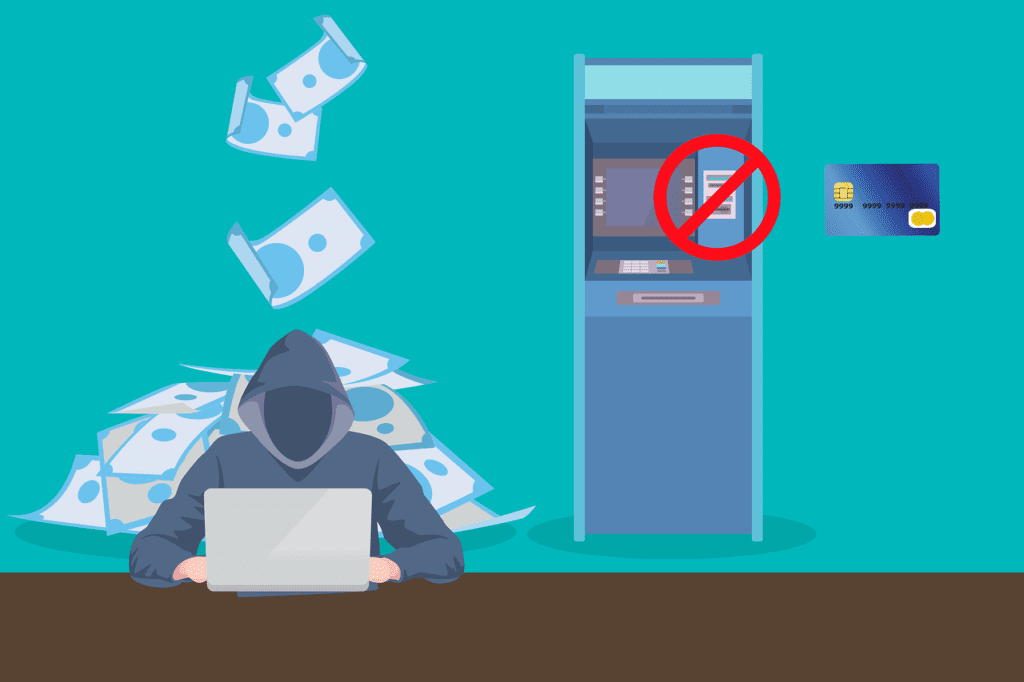Being part of a loving family means doing all we can to protect those we love the most. And if there are elderly or vulnerable members of your family that may be at risk from fraud and scams, then the worry is enough to keep you up at night.
Regrettably, we’re all at risk of being scammed out of our personal data, financial information and the money in our accounts. With vulnerable family members more likely to struggle to identify a genuine call from a fraudulent one, it’s our duty to put strategies in place to safeguard them and their finances from criminals. Nuisance calls, emails and text alerts, even friendly faces at the door are trained to target individuals who’ll be easier to bamboozle and convince into handing over their money.
In this post, we’ll explore how you can protect your vulnerable family members from scams and keep them safe. Read on to find out more.
Openly Discuss the Topic
It’s not always an easy topic to broach, however as it’s in their best interest, it makes sense. Openly discussing the possibility of scammers targeting them via phone, email or even at the door can help keep your family member one step ahead and vigilant. Especially if calls are from seemingly legitimate or authoritative sources. For example, you can check this number and it appears to be a genuine number used by the Manchester Civil Justice Centre, however, closer inspection shows that it may have been duplicated and has been reported in relation to a national insurance scam call.
Remind them that if they’re unsure or made to feel flustered, they should hang up the phone. And never give out personal information or their bank details to any company or office. No matter how convincing the caller or email might be.
Help Them Check Their Finances
Whether you have power of attorney, or you just want to help them with their finances, regularly checking their bank statements for anomalies can pinpoint if they’ve already fallen victim to a scam, or where they might be vulnerable. You could even discuss added protection with their banking provider, for additional ways they can help keep your loved one safe.
Remind Them How to Shop Online Safely
We all like to shop online, but if your loved one is vulnerable, or not familiar with the signs of a fraudulent site then they’ll easily fall victim to a scam. Show them the positive signs to look for when shopping online, such as the address beginning with https:// and the padlock symbol on the screen.
Remind Them Never to Give Out PINs or Passwords
When phone scammers are ruthless, they can quickly confuse and bamboozle vulnerable people into handing over their PINs, passwords and bank details. Remind your loved ones that no matter who they’re speaking to, they should never hand over this kind of information and a genuine company would never ask for it.
Final Thoughts…
By being as open and as helpful as possible, you can help protect your vulnerable loved ones from being the target of scams and criminals.


